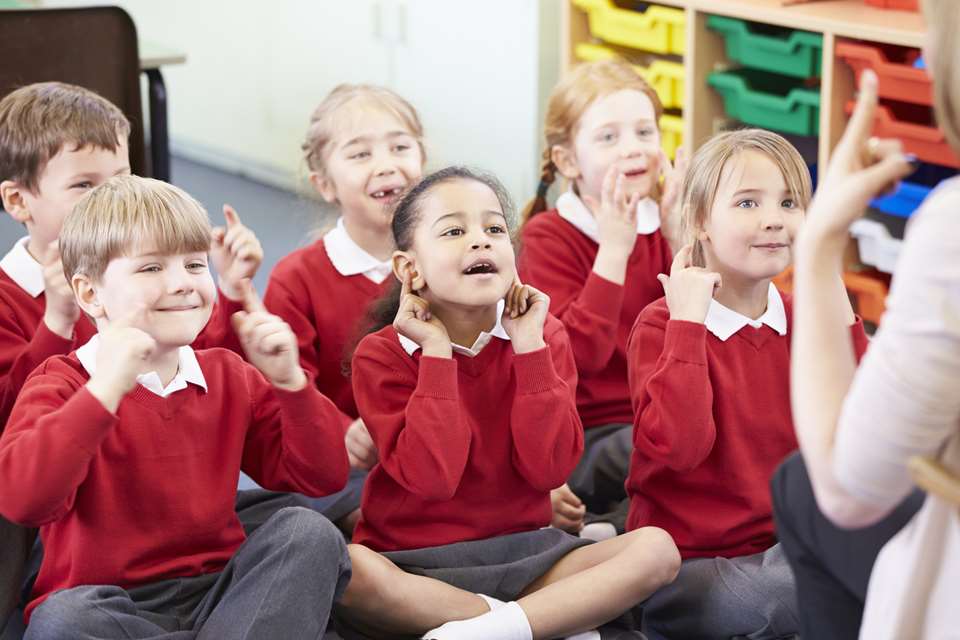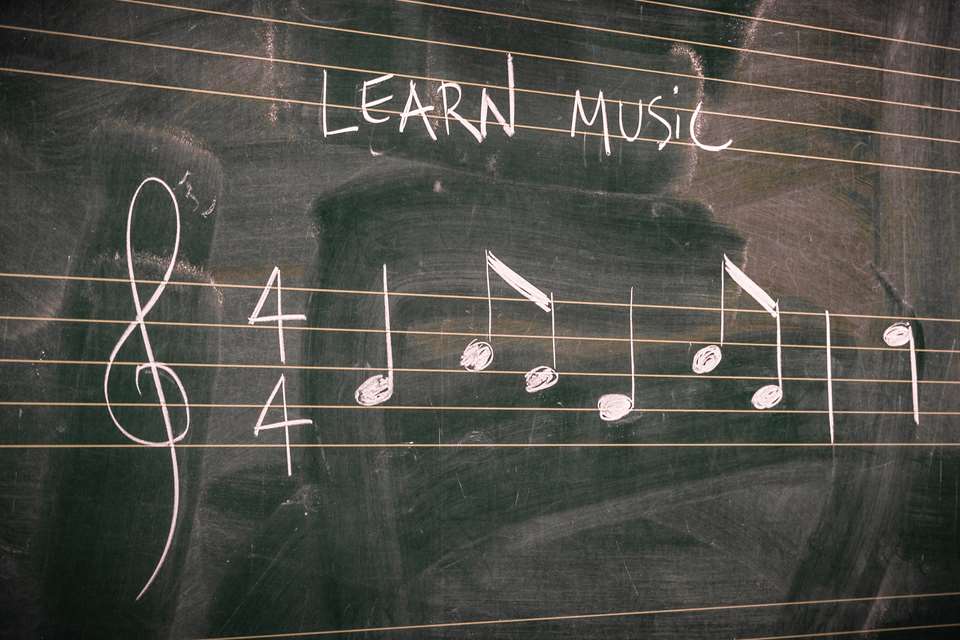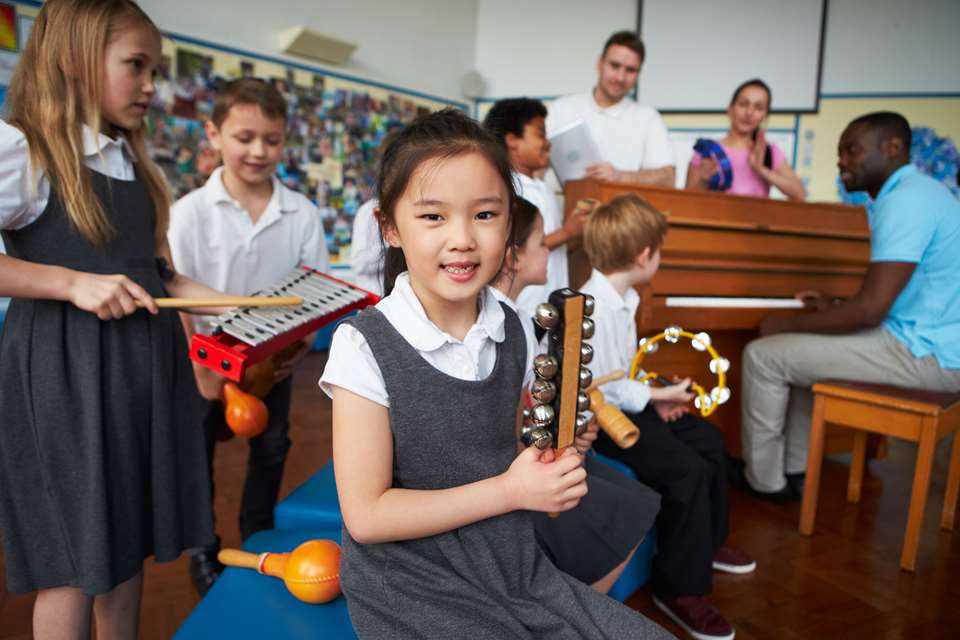Opinion: The Model Music Curriculum – a chance for a reset?
Don Gillthorpe
Friday, April 16, 2021
President-elect of the MTA and director of music Don Gillthorpe weighs in on the Model Music Curriculum discussion.
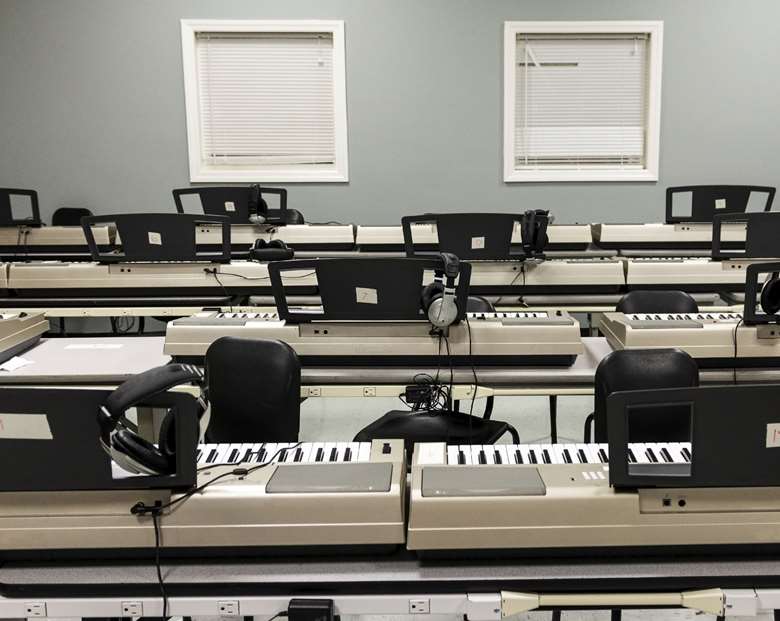
Since its publication just before the Easter break, comments about the Model Music Curriculum (MMC) have filled my Twitter feed. While there is clearly great division and disagreement, two things unite the people behind the tweets: that we want to provide the best possible musical experiences and education for the pupils in our care; and that we know that the MMC is far from perfect. There the agreement ends: music and what constitutes musical learning is so broad and varied that a consensus continues to elude us.
As will be clear from my own 280-character exchanges, I broadly welcome the MMC. I believe that teaching the theory of music (including staff notation) alongside other musical learning is important, and it is refreshing to see a curriculum which takes us back to having this type of content underpinning the rest. (For clarity, I don’t believe that there is any merit in teaching music theory in isolation, devoid of sound, as it then becomes a meaningless exercise in decoding symbols; we should teach the theory of music, not the music of theory.)
MMC in practice
It has, however, been unfashionable to espouse these views in music education circles for such a long time; informal learning practices and so-called ‘creative’ approaches in the KS3 classroom (as though those of us who believe in a more formal music education are not creative) have dominated the landscape in the state sector for decades, with any reference to theory or staff notation being met with derision and accusations of elitism.
My position on this has always been clear: I do not have the right, as a professional musician, to deny my pupils access to skills, knowledge and understanding which have been vital to my musical progress through some misguided notion of what I think will or will not be ‘relevant’ to them.
As a teacher, I use modelling all the time, demonstrating to my pupils one possible way of completing a task and then sending them off to have a go themselves. This is similar to the way in which I am viewing the non-statutory Model Music Curriculum: it presents a set of indicative content which my team can view alongside our existing KS3 curriculum to guide our thinking and see what we might like to keep, change or add in. The main takeaway for us at present is the increased focus on guided listening; we won’t be using the repertoire lists in their entirety, but they provide a really good starting point.
Whichever Key Stage you teach, I think it would be inadvisable to try to lift it wholesale. It is not a Scheme of Learning: such a document needs to be developed locally by the teachers who will be delivering it, as the underlying knowledge, skills and understanding can be delivered in many different ways. Indeed, the minister makes this clear in his foreword to the document – ‘It is designed to assist rather than to prescribe, providing a benchmark to help teachers’ – and the suggested methods and repertoire lists are simply models that can be adapted according to local need.
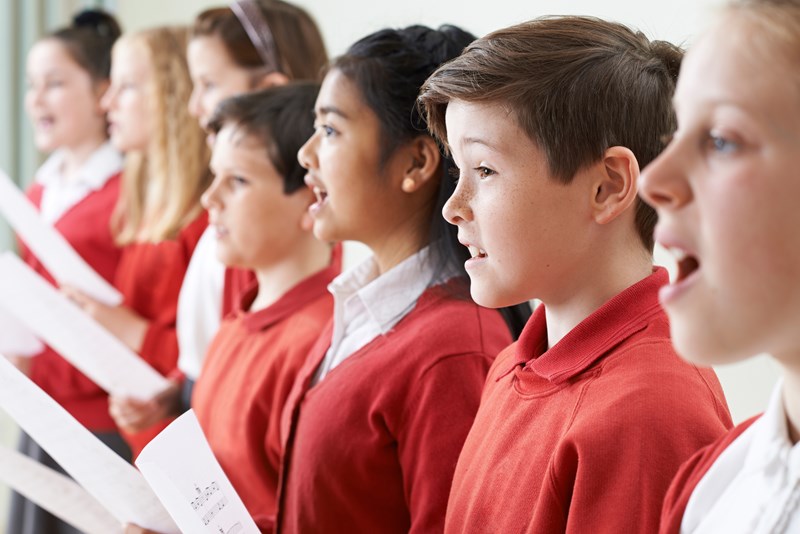
Different picture
This is all very well from a KS3 perspective where music is taught mainly by specialists, but the picture is often very different at KS1 and KS2. I think this is where I have the biggest problem with the MMC: there is no clear mechanism (yet) as to how we can provide support to non-specialist teachers to teach this very specialised content.
For the MMC to work, this problem will need to be addressed. I would love it if, in a few years’ time, pupils came to us in Year 7 with the skills, knowledge and understanding outlined in the MMC, but a concerted effort will be needed to make this happen. Who will do this? Organisations such as Sing for Pleasure and the Voices Foundation have experience in this kind of work, but funding will be needed to get them, and similar organisations, involved. Music Hubs have a mandate to support this sort of provision, too, in partnership with schools; do they have the capacity? I hope that the minister has a plan for enacting this; it is the only way that the MMC will be able to take root and have a positive impact.
Final thoughts
Even before it was published, there were people who disliked the very idea of the Model Music Curriculum and who were always going to express their opposition on Twitter. That’s OK – we are a very broad church and are unlikely to agree on everything. The MMC states, ‘It is hoped that schools will provide a curriculum that encompasses a wide-ranging, comprehensive view of music education’. If that aim can be achieved through different means to the model, then that’s OK, too; it is non-statutory, and Ofsted have issued a statement verifying that they will not use it in inspections.
As a sector, we need to find a way to work together, firstly by acknowledging that there are different, equally valid ways to deliver inspiring music education; the MMC does not preclude this broader local delivery, instead it provides an opportunity to benchmark our curricula against the aspirational content therein. I’m seeing it as a great chance for a reset.
Don Gillthorpe is the assistant principal and director of music at Ripley St Thomas CE Academy, Lancaster, and is the president-elect of the Music Teachers’ Association (MTA). @dgillthorpe
Read the MMC here.
Images: AdobeStock/coachwood/highwaystarz


